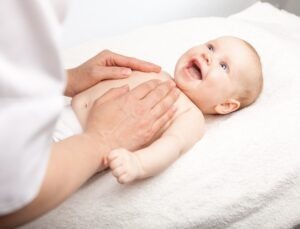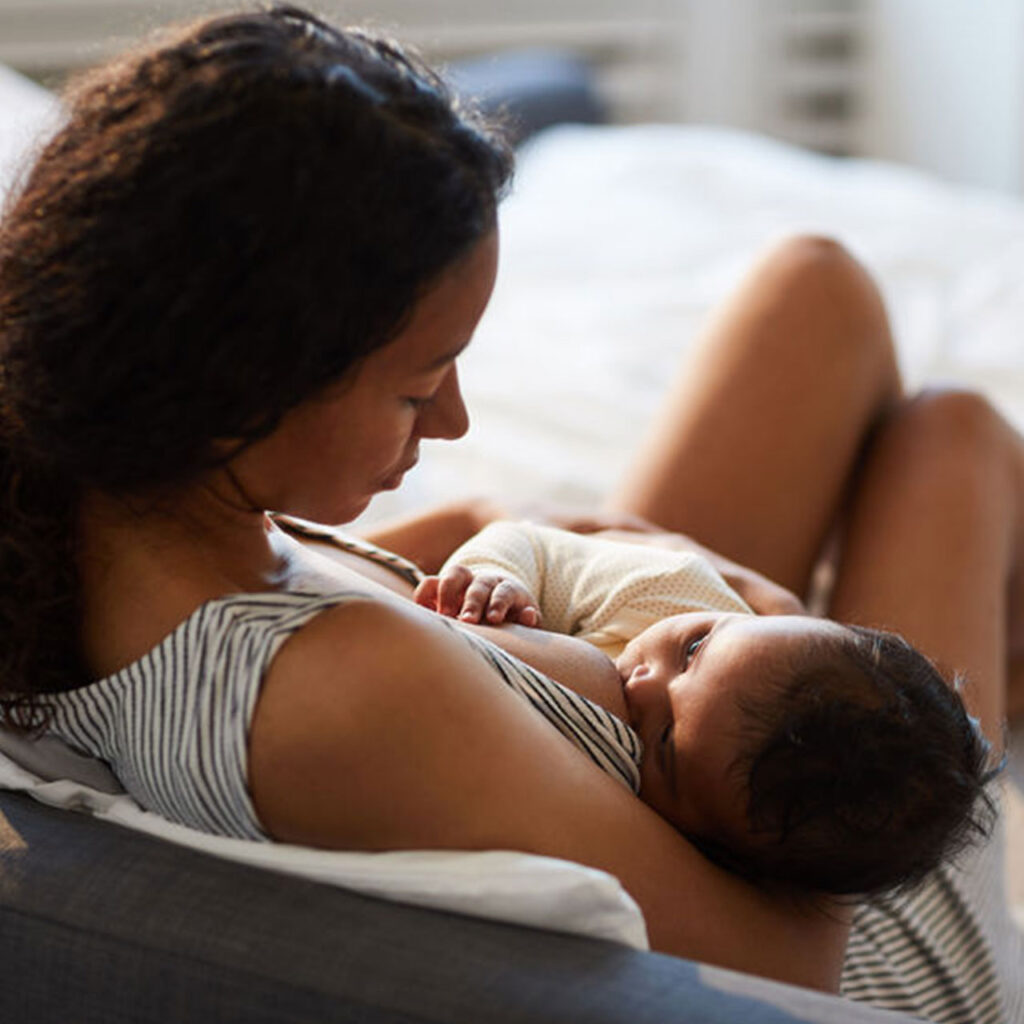It’s natural as a parent, to worry about your child or baby.
We often see babies in clinic who are very unsettled, vomiting, struggling to feed or poo!
Or older children who have pain, have had a nasty fall, seem to be getting recurrent ear infections or can’t poo!
It plays on your mind – is this normal? Should I be worried? Who can help us?
Most of the time these common childhood complaints, are just that – common. They happen to lots of children and often sort themselves out with time or with some help.
But when it’s your child you want to be reassured that all is well.
The first point of call (after Dr Google) is usually the GP, practice nurse or health visitor.
But did you know paediatric osteopaths are allied health professionals? We have undertaken extensive training to help screen when there is cause for concern and when things seem ‘normal’, but can still be very upsetting.
Osteopathy for your baby or child

As osteopaths we have trained for years to help screen your child’s symptoms for anything more worrying that might be a possible cause.
That’s why when you come in to tell us what your concerns are we might seem to ask you some weird questions, that don’t seem relevant.
What colour is their poo? (usually food analogies work best here – yum), how far does their sick travel? Do they snore? Do they breathe through their mouth or their nose? Are they settled at nursery or school?
We also like to ask question about the birth you had with them, their general health, and all parts of their body – heart, lungs, water works and bowels (again!)
We aren’t just being nosy.
It all helps us to screen to see if there may be other health issues or worrying symptoms (red flags) that could be underlying their symptoms.
It’s also a good opportunity to touch base with you about their general health and spot any issues that may not be related to what you’ve come in for, but needs to be followed up on with your GP or health visitor.
Osteopaths have a wealth of medical knowledge too and we frequently liaise with health visitors, nurses and GPs. For many parents we are the first contact you may have had with a healthcare provider, about the issues, so we need to be on our toes.
A peak inside an osteopath’s mind….
From these questions and the information, you have given us, the cogs start turning. We draw up a ‘list’ of possible causes of your child’s symptoms.
Is it likely a simple mechanical problem (our area of expertise), but could there be an underlying medial issue? (e.g. food allergy /intolerance, infection, congenital or neurological issues). Are there any ‘red flags’ that might be worrying?
This then allows us to draw up another list, of physical tests we need to do to rule in or out some of these possible diagnoses.
The examination
The next step if the physical examination. This might involve:
- seeing how your baby or child moves
- how they interact with you and us
- examining inside their mouth for tongue restrictions
- testing nerves
- feeling their tummy
This will all be done in a gentle, fun way so that the child is not concerned or upset.
There are plenty of toys and books to help keep them clam and relaxed. Plus, you can always hold them, feed them, sing to them (we might join in!) or give them a dummy. We work around what keeps you and your child happy.
From the information you’ve given us and the examination, we can then conclude from our list what the most likely cause of your child’s symptoms are.
If necessary, we can refer you onto your GP, or other health professional, if needed.
Never complacent….

We are always reassessing and retesting as needed. Every time you see us, we will ask how you about any changes and the progress your baby or child is making.
We might even be really annoying and repeat some questions we’ve asked you before. This makes sure we aren’t missing something.
When do we refer:
- Suspected red flag symptoms or findings on examination
- If they aren’t getting better as expected
- Baby losing weight, not passing wet and dirty nappies as expected, not feeding, not thriving or developing as expected
- If your baby or child seems generally unwell
- Symptoms have changed / new symptoms have developed that suggested a potential worrying cause
- If we need further tests such as x ray / bloods / scans
- If we don’t know and need a second opinion
- If you were worried. You are the expert, when it comes to your child.
Horses not zebras…..
There’s a phrase ‘[if] you hear hooves think horses not zebras’. What’s most likely, is most likely.
So, don’t sit at home worrying and googling some weird and wonderful disease, get some expert help and answers.
If you are concerned your child is unwell or seems to be getting worse seek medical help from your GP, A&E NHS 111, immediately. Trust your instincts. Your GP should always be the first port of call with any health concerns. Our role is supporting you and your child, and knowing when to referring on.
Useful resources
What we treat
Is your baby or toddler seriously ill? – NHS (www.nhs.uk)
Assessment for red flags | Diagnosis | Developmental rheumatology in children | CKS | NICE
